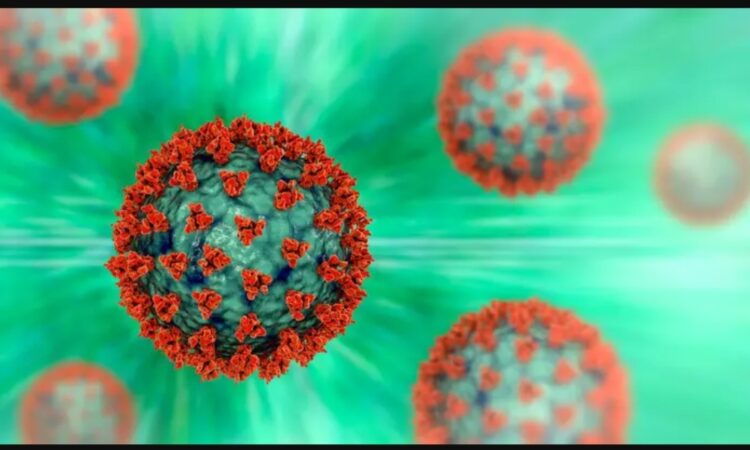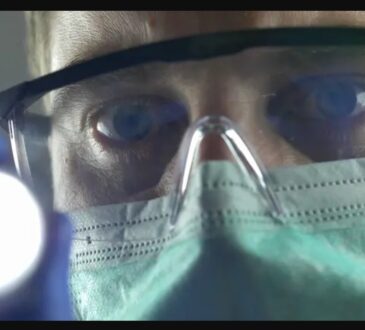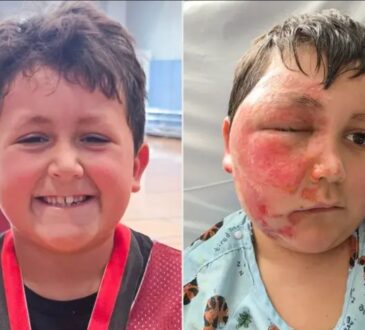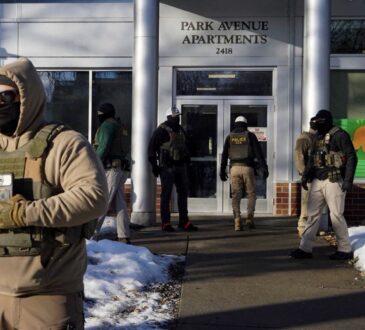
COVID-19 infections are climbing again across the country, and many experts believe this summer wave will likely get worse before it gets better. Sniffles and mild cold-like symptoms that people are experiencing right now are often not just summer colds they are COVID.
Models suggest that this rise in infections could peak in early September, just as schools reopen and people return from summer travel, creating more opportunities for the virus to spread.
Jay Weiland, an infectious disease modeler, predicted that this wave will hit its highest point in the first part of September. Jenn Dowd, a professor of demography and population health at Oxford University, pointed out that most available data is already slightly outdated because of reporting delays, meaning the real infection levels are likely even higher now. She warned that back-to-school season could fuel the spread further, and we should expect more cases over the coming weeks.
Although these predictions give us a rough timeline, experts caution that COVID has been highly unpredictable since the pandemic began. Models are useful tools, but they cannot perfectly forecast how big this surge will get or how long it will last. Current data, including wastewater testing and hospital numbers, suggests this summer’s wave is not as severe as last year’s, but it is still significant enough to warrant action.
Experts recommend taking simple steps to reduce your risk. Wearing a mask in crowded places, keeping your hands clean, improving ventilation indoors, and staying home when you’re sick are all effective ways to slow transmission. If you do catch COVID, follow the CDC guidance: stay home, isolate from others, and only return to normal activities once you’ve been fever-free and your symptoms are improving for at least 24 hours. After that, continue wearing a mask and keeping your distance for another five days to protect others. Infectious disease specialists emphasize that rapid antigen tests are one of the best indicators of whether you are still contagious—if you’re testing positive, you should continue to isolate.
If you are at higher risk, such as being over 65 or immunocompromised, check with your doctor about antiviral treatments like Paxlovid and consider getting an updated COVID vaccine if you haven’t had one in the past year. Vaccination remains one of the most effective tools to reduce severe illness and hospitalization.
COVID is now part of the regular cycle of respiratory illnesses we see each year, with summer surges followed by fall and winter increases. While perfect prevention isn’t always possible, small precautions can make a big difference in lowering transmission and keeping your loved ones and community safe. Even partial efforts—like improving ventilation, masking in high-risk situations, and getting vaccinated—add up and help slow the spread.




